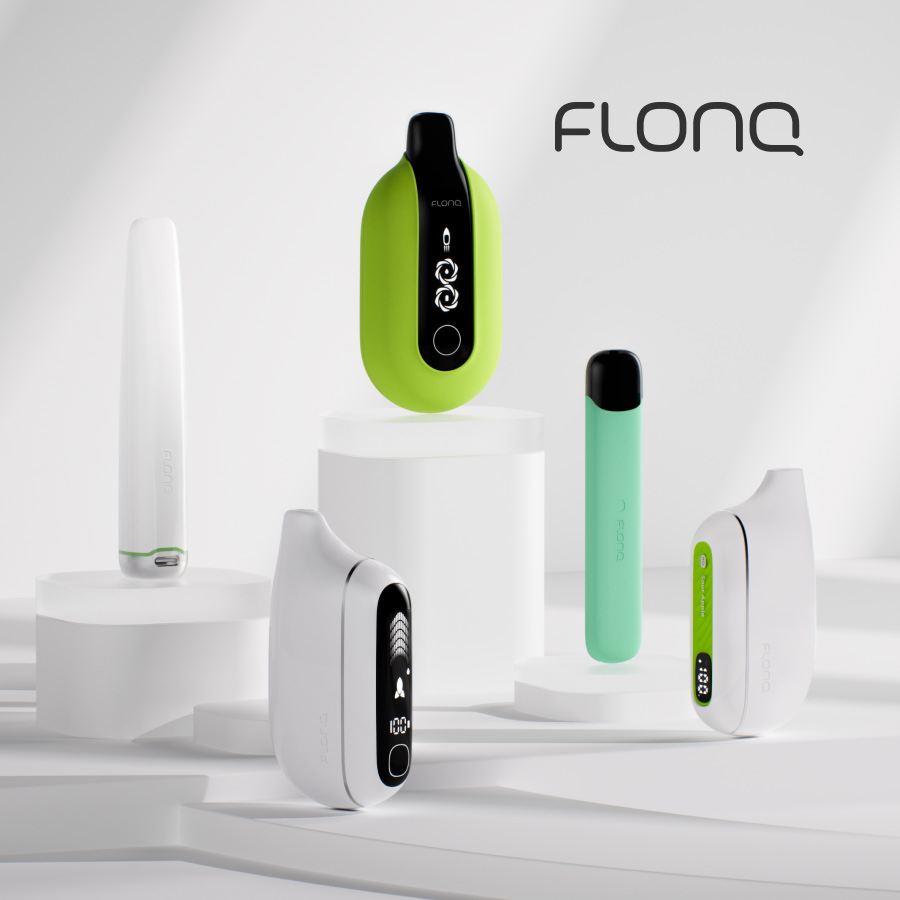FDA has Issued 295 Marketing Denial Orders to Date
- News This Week PMTA Regulation U.S. FDA
- September 20, 2021
- 4 minutes read

Credit: Elnur
As of Sept. 17, the U.S. Food and Drug Administration has issued 295 marketing denial orders (MDOs) for more than 1,089,000 flavored e-liquid products. The move has sent shockwaves through the industry and crippled many vapor industry businesses ranging from prominent players to small business owners. All of the MDOs were for flavored e-liquids that were not either tobacco or menthol.

Many of the most surprising denials were from company’s that many believed had the funds and experience to submit extensive and detailed premarket tobacco product applications (PMTAs). Turning Point Brands (TPB) International, Humble Juice Co., Beard Vape Co. and Avail Vapor were a few of the long-standing vapor industry companies whose flavored other-than-tobacco products were denied marketing approval.
The letters are straightforward, according to James Xu, founder of Avail Vapor. “It just says you failed to demonstrate in your application for a flavored [electronic nicotine delivery system] ENDS product [that the benefits] outweigh the known risks of youth appeal,” Xu said, speaking only with Vapor Voice. “Then it goes on to say that it can be corrected with some form of a randomized controlled trial or longitudinal cohort studies that the FDA had previously stated weren’t required.”
Many industry experts believe the FDA will only approve some tobacco and menthol flavors, most expected to be in closed-system formats. The FDA has yet to make a decision on any major tobacco company’s PMTA submissions for brands such as Juul, Logic, Vuse and Blu. The agency has not denied any synthetic product, although it’s difficult to know for sure since only brand names have been released and not actual flavor profiles.
Many companies are moving towards using synthetic nicotine in their products in hopes to avoid current FDA regulations. The agency has stated that a synthetic product “may” be outside the agency’s jurisdiction.
Eric Lindblom, a senior scholar at Georgetown’s O’Neill Institute for National and Global Health Law and a former director of the FDA’s Center for Tobacco Products Office of Policy, said that, in response to such moves by vapor companies, the FDA could either assert jurisdiction over synthetic nicotine as tobacco product or push for synthetic nicotine to be regulated like any other drug.
The lawsuits are coming. At least two companies have already filed lawsuits against the FDA, although Vapor Voice could not confirm what companies had filed suit. The FDAs public list of companies released on Sept. 17 only includes 241 brands, the remaining 54 MDOs are believed to for brands that had not yet been on the market.
“If smoking rates go up in 2022 and beyond, do not blame the tobacco industry. This predictable result will entirely be the fault of elected officials and regulators who have utterly failed to protect public health,” said Gregory Conley, president of the American Vaping Association. “The FDA’s opaque review process was intentionally designed to eliminate all but the largest players from the market. We look forward to lending our support to future court challenges.”
